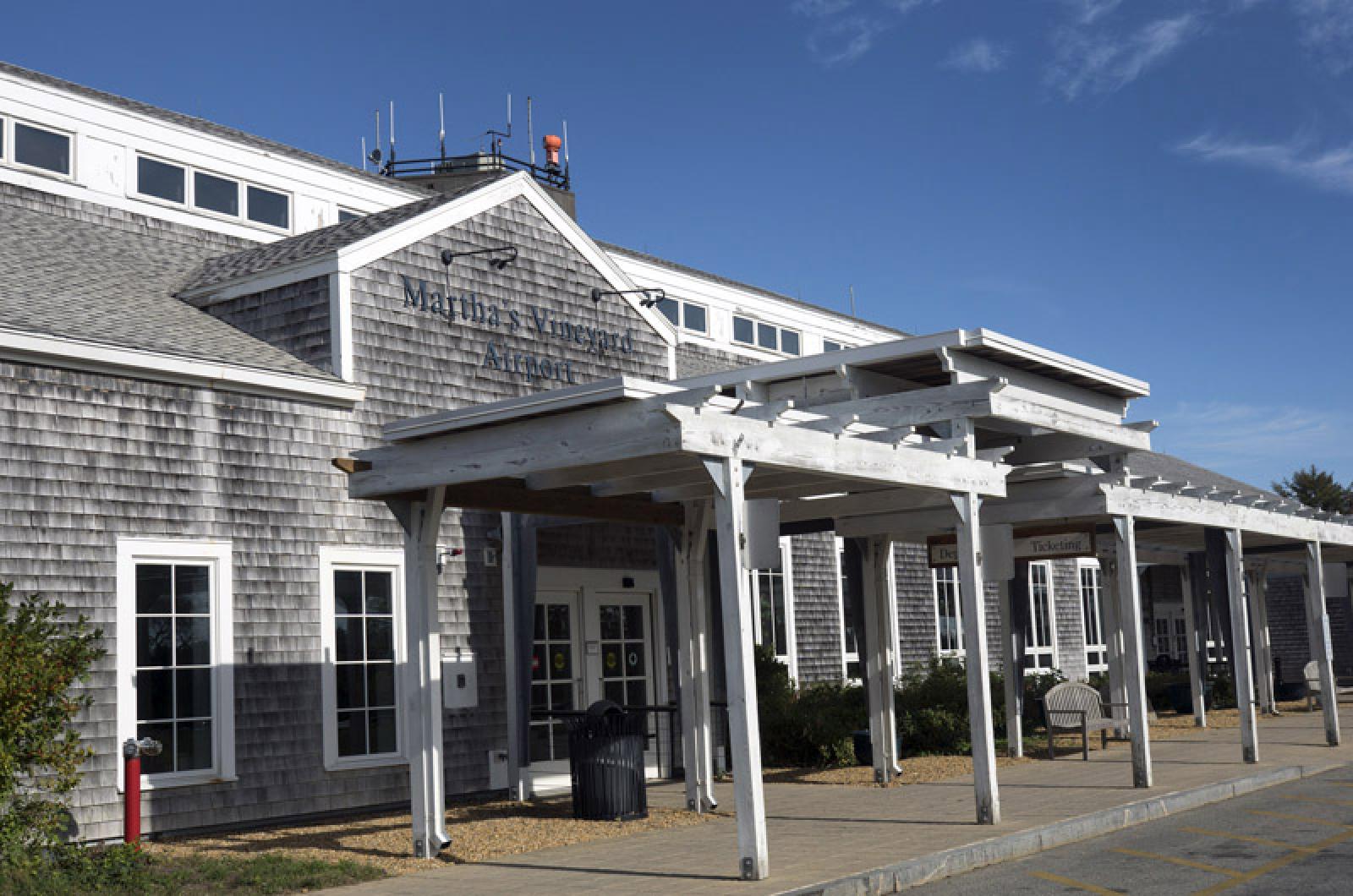The Martha’s Vineyard Airport is scrambling to find grants to offset $6.8 million in necessary updates to its wastewater system or the costs will be passed on to its business park tenants.
As the wastewater treatment plant approaches its life expectancy, long-planned upgrades are needed to renew the airport’s DEP wastewater permit which expires in 2023.
The facility was last updated decades ago, airport director Geoff Freeman told the Gazette, and the airport has until February 2023 to apply for a permit renewal. Included in the $6.8 million upgrade is a doubling of the wastewater facility’s capacity, achieved through a so-called “redundant system” that could act as relief if the existing system fails.
“Those mechanics will be there to back the system up if it breaks down,” Mr. Freeman said.
The airport had hoped to receive funding for the project last fall when the state Legislature distributed $4 billion in federal aid it received from the American Rescue Plan Act (ARPA). But airport officials say the request was submitted late in the earmarking process and did not make the cut. Additionally, airport officials said the wastewater project was not one the Legislature was likely to fund in the first place.
“We were told that even if we had sent it in weeks before … it probably wouldn’t have been considered anyway,” airport commission chairman Bob Rosenbaum told the Gazette.
In order to fund the project, the airport has turned to a state revolving fund grant through the DEP as its best option.
But for the airport’s business park tenants, much of the burden of that loan will likely be theirs to bear. Under FAA regulation, the airport is unable to subsidize the cost of the project for its tenants with its own revenue, despite the airport’s strong financial standing. That leaves the airport’s leaseholders and businesses, who account for around 80 per cent of the wastewater usage, holding the bag for much of the cost.
Mr. Freeman said the airport has yet to decide exactly how loan payments will be structured, whether by capital payments, through heightened wastewater bills or by another avenue. But it’s clear that much of the cost of the loan will be incumbent upon about 50 leaseholders subletting to 140 business tenants.
The airport is slated to present its nearly completed design for the project to the state in the coming weeks in order to secure the revolving fund loan. Bidding for the project is likely to begin in the spring, Mr. Freeman said, and construction could begin as early as July. The project will take around one year to complete, he said, after which a 20-year schedule of loan payments would begin for the airport and its tenants.
With those loan payments likely on the horizon, the airport is trying to secure other grants.
“We are actively looking for grant monies to offset that burden,” Mr. Freeman said.
The airport has applied for the entirety of the available $3 million in ARPA funding to be doled out by Dukes County, and is applying for other grants specifically slated for residential projects despite the airport having no residential land.
“Every grant that we possibly can,” Mr. Freeman said.
Outside the search for grants, the airport continues to work closely with the state hoping that any coming rounds of funding may be able to benefit the project.
“We’re hoping that when the next bite of the apple happens, we’ll be able to be there,” Mr. Rosenbaum said.







Comments (2)
Comments
Comment policy »